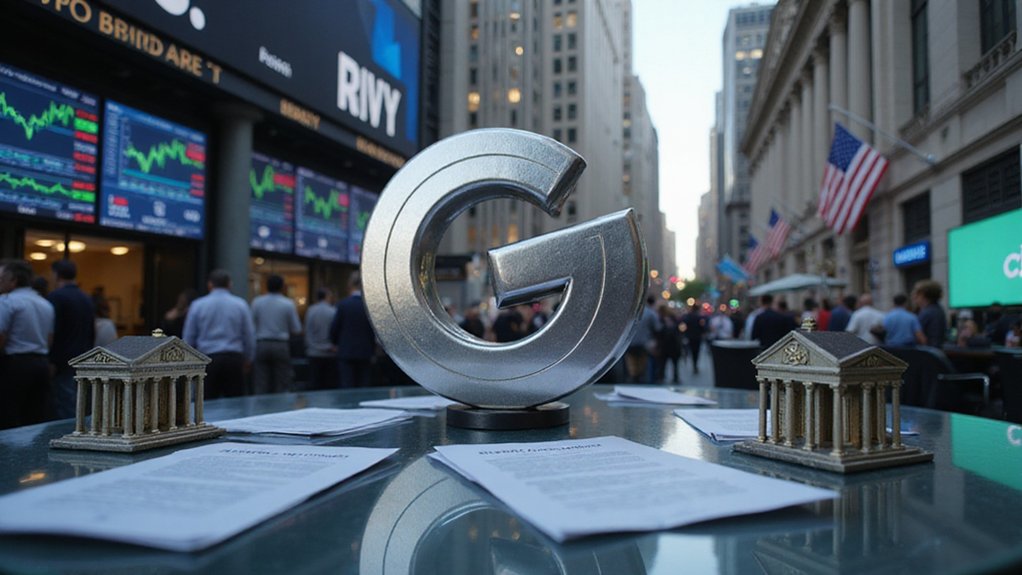Several far-reaching cryptocurrency reforms are reshaping Japan's digital asset landscape as the country moves to position itself as a global hub for blockchain innovation. The Liberal Democratic Party's comprehensive proposal includes reducing capital gains tax on cryptocurrencies from 55% to 20%, aligning digital assets with traditional financial instruments. This significant shift aims to stimulate investment while introducing deferred taxation on crypto-to-crypto swaps, with taxes calculated only when converted to fiat currency.
Japan's bold tax reforms signal a new era for crypto, positioning the nation as a rising blockchain powerhouse.
Japan's regulatory framework is undergoing fundamental changes with cryptocurrencies now categorized as a distinct asset class, separate from securities under the Financial Instruments and Exchange Act. The government has established a dedicated Web3 Project Team to develop a national strategy for blockchain adoption, with public consultation open until March 31, 2025. These reforms position Web3 development as a pillar for economic growth in coming years.
The impact on market infrastructure could be substantial as new regulations create an "intermediary businesses" category for crypto companies. This classification reduces barriers to entry for brokerages by eliminating AML requirements for firms not handling client funds. Major corporations including Mercari and SBI Securities are reportedly exploring brokerage operations, potentially increasing the number of registered exchanges operating in Japan.
Stablecoin regulations have also been modernized, allowing issuers greater flexibility in backing assets. The new rules permit using government bonds with less than three months maturity and fixed-term interest-bearing accounts, though with a 50% cap on bond-backed assets. The remaining half must be held in current accounts, balancing innovation with stability. Projects like Project Pax are leveraging these regulations to improve cross-border payments through blockchain technology. These clear regulations will enhance consumer protection while providing a transparent environment for market participants.
These reforms coincide with anticipated crypto-friendly policies under the incoming Trump administration in the United States, potentially improving Japan's competitive position against regional rivals like Hong Kong.
While emphasizing innovation, the Financial Services Agency continues developing enhanced disclosure requirements and investor protections to maintain market integrity. The government's approach represents a calculated attempt to balance regulatory oversight with the fostering of technological advancement in digital finance.





